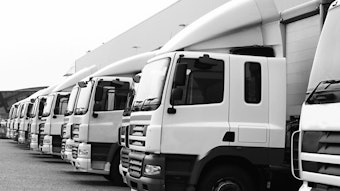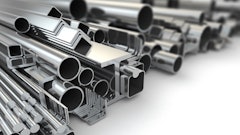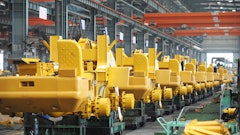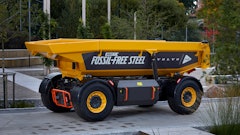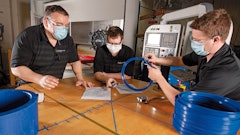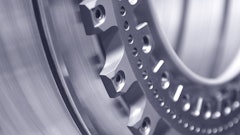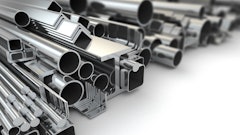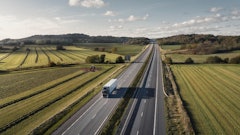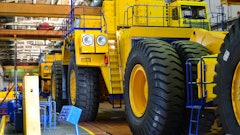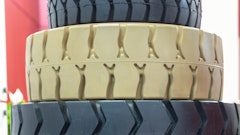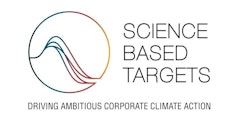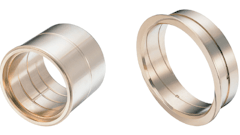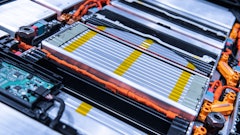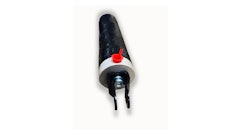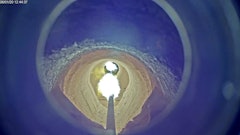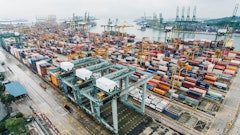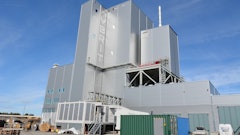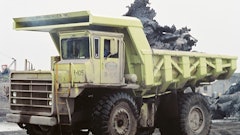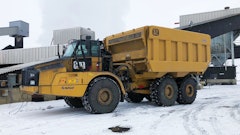SSAB increases the company ambitions for sustainability and sets new long-term objectives. By 2045, SSAB aims to be totally fossil free. However, in the mid-term, the most noticeable sustainability impacts will be achieved by its sustainable offering: 10 million tonnes in annual customer CO2 savings by 2025.
“In many respects we are already a forerunner and we want to retain that position in the future. The sustainability trend is transforming the steel industry and noticeable measures are required to mitigate climate change. Our new objectives are highly ambitious, but we feel certain that we will reach them. Achieving our goals requires great efforts from the entire organization together with the government, research institutes, universities and other partners,” says Martin Lindqvist, CEO of SSAB.
Objective: Fossil free 2045
One of SSAB’s new objectives is to stepwise move toward a fossil-free steelmaking process through the HYBRIT initiative and, in addition, to eliminate other fossil-fuel related emissions - making it possible for our entire operations to be fossil free by 2045. Approximately 90% of total emissions originate in blast furnaces. The remaining 10% mainly originates from heating furnaces, but also from internal transport.
“We strive constantly to improve environmental performance in production. SSAB is already among the most efficient steel producers in terms of CO2 emissions. For our entire operations to be fossil-free requires the success of many initiatives, not only HYBRIT, but also reducing the amount of purchased energy, utilization of residuals, sustainable input materials and fossil-free internal transport,” continues Lindqvist.
SSAB has earlier published environmental and energy targets for 2019.
Objective: 10 million tonne annual customer CO2 savings 2025
The new objective related to SSAB’s sustainable offering means that by using SSAB’s high-strength steels, customers can achieve 10 million tonnes in CO2 annual savings during their end-product’s use phase – this amount is equal to SSAB’s own direct CO2 emissions. The savings will be reached by two initiatives: 7.8 million tonne savings from SSAB EcoUpgraded deliveries and 2.2 million tonne savings from Automotive Premium Upgrade deliveries.
“SSAB steels are used to produce equipment that in many cases uses a significant amount of energy during operation. Helping our customers to make lighter and more fuel-efficient products is the fastest way and greatest contribution that we can make towards reducing total CO2 emissions. For a heavy truck, the emissions during the use-phase are nine times higher than the emissions from producing all the materials needed for the truck,” says Maria Långberg, EVP and Head of HR and Sustainability.
Objective: Responsible partner
SSAB also strives to be a responsible partner vis à vis all the companys stakeholders.
“Being responsible partner consists of many initiatives and areas. It includes the way we work to improve safety, collaboration with our suppliers, business ethics, diversity and competence development to secure employer attractiveness,” says Långberg.
SSAB continues to strive to be the safest steel company in the world, with an objective to achieve zero accidents, work-related injuries or illnesses.
SSAB still retains the gender diversity target published earlier with the target of women holding 30% of the top management positions in the company by the end of 2019 (up from 23% in 2015).




